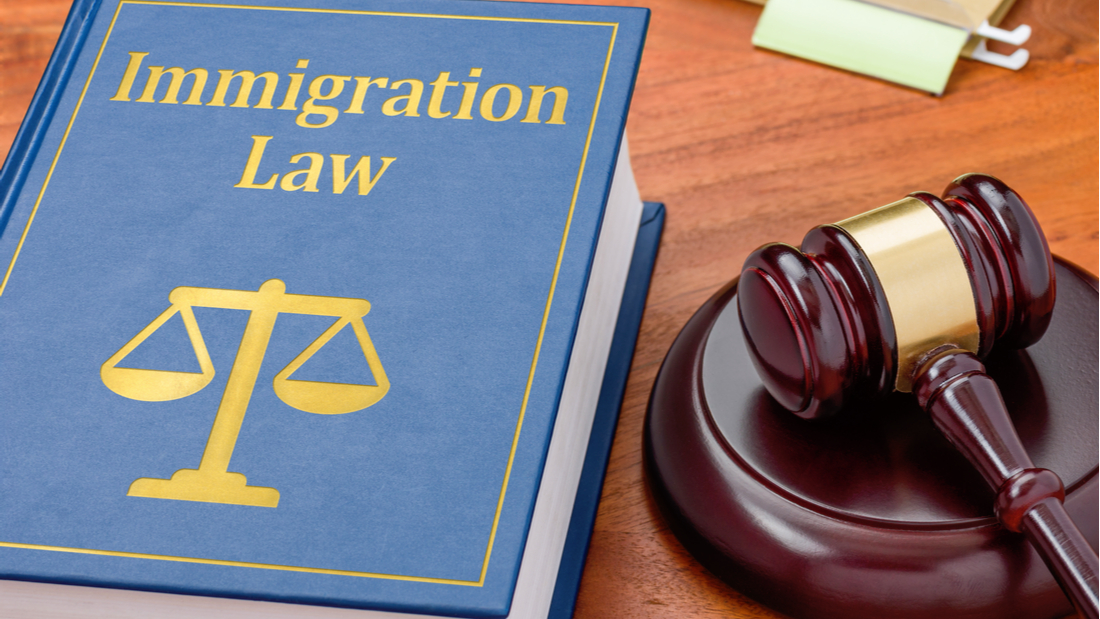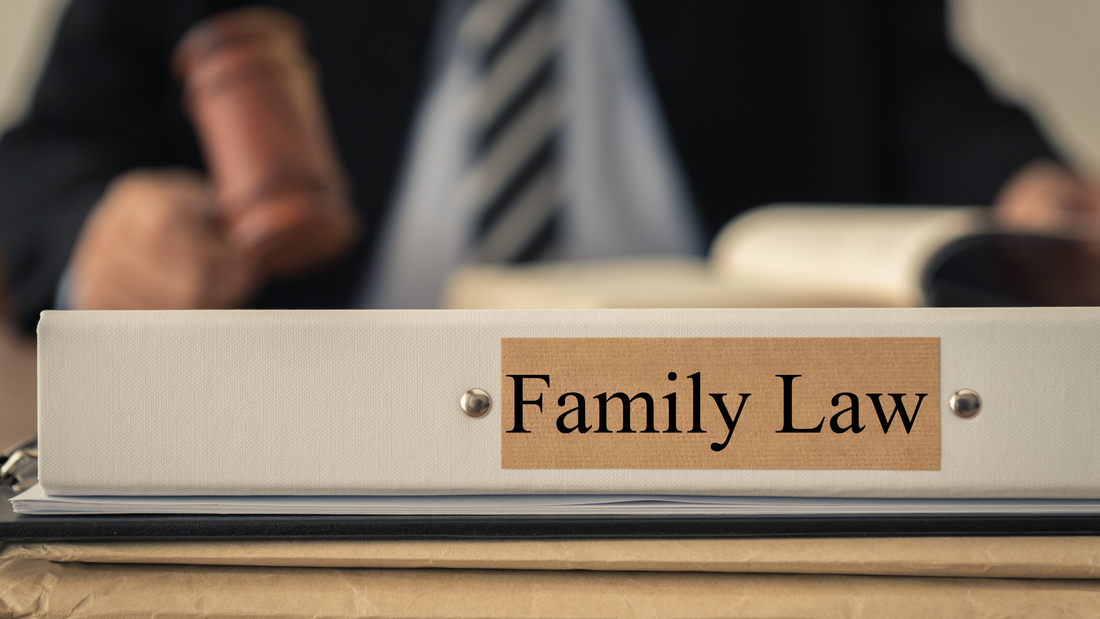Consequences of Overstaying a Student Visa
Overstaying one’s temporary U.S. visa is something immigration officials take very seriously. According to U.S. immigration law, a person who overstays their visa is residing in the country illegally and treated similarly to someone who entered the country illegally – it is a serious matter that should be avoided. However, for some student visa holders, the expiration of their allowed stay may not be as obvious. If you have already overstayed your visa, consult with a Miami immigration attorney to learn more about your options. Below, we will review the potential consequences of overstaying a student visa.
Authorized Period of Stay
Many are unaware that the expiration date on a visa is not what determines a nonimmigrant’s authorized period of stay, the date shown on the card is actually the last day that the card can be used to enter the U.S. The expiration for the stay is specified on the Form I-94 Arrival/Departure Record card or downloadable online document, given by Customs and Border Protection (CBP) officials to those who enter the U.S. If the visa holder stays beyond that date, they are guilty of overstaying.
However, nonimmigrants who enter on an F-1 or J-1 student visa are not given a specific date on their I-94 cards and online records. Instead, the I-94 will say, “D/S” which stands for Duration of Stay. Taking into account that the duration of many academic programs is not fixed, D/S allows for F-1 and J-1 students to stay until their studies program is complete and the grace period ends, assuming that the visa holder is fully compliant with the rules of the visa. If students stay past the allowed period and make no effort to apply for a Change of Status within a reasonable time, they are likely “Out-of-Status,” and therefore overstaying.
Consequences of Overstaying
The following are possible consequences of overstaying a student visa.
- Existing visa is automatically voided and can no longer be used to enter the U.S.
- Restricted from applying for an Extension of Stay or Change of Status
- Cannot obtain another visa at any U.S. consulate outside of country of nationality
- Barred from re-entering the U.S. for three to ten years if “unlawful presence” accrued
Unlawful Presence and Time Bars
One of the harshest consequences of overstaying a student visa is a time bar. Those guilty of overstaying are only subject to time bars if they are deemed inadmissible for accruing “unlawful presence,” meaning they overstayed for more than 180 days. For M-1 students, it is easy to determine whether unlawful presence has occurred because the accrual to time starts after the specific “Out-of-Status” date in their I-94.
On the other hand, F-1 and J-1 students can only be guilty of unlawful presence if U.S. Citizenship and Immigration Services (USCIS) or a related government authority formally determines they were residing in the country unlawfully. Only after that official determination is made does the counting off of days start for F-1 and J-1 students. Thus, F-1 and J-1 student visa holders are rarely subject to any of the two types of time bars.
- Three-Year Time Bar — Unlawful presence of more than 180 days but less than one year.
- Ten-Year Time Bar — Unlawful presence of more than one year.
The best course of action for nonimmigrants should be to avoid overstaying a student visa. However, if you or a loved one has overstayed a temporary U.S. visa, consult with a knowledgeable Miami immigration attorney.
Out team of U.S. immigration law professionals is experienced at defending our clients from deportation as well as having grounds of inadmissibility waived. Call Pimentel & Castillo today for a free consultation.










